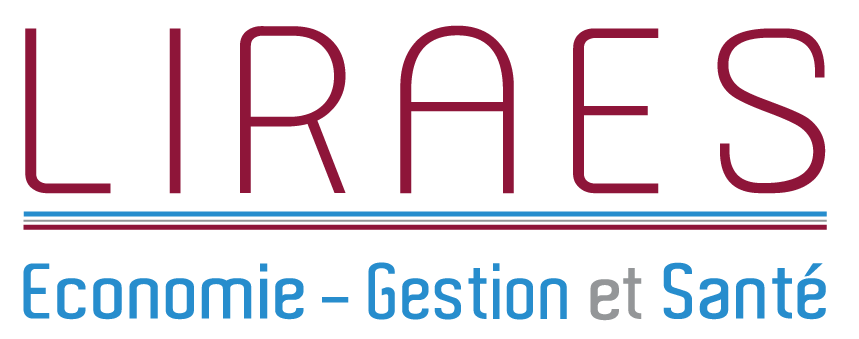Abstract
In this stated preferences study, we describe for the first time French citizens’ preferences for various epidemic control measures, to inform longer-term strategies and future epidemics. We used a discrete choice experiment in a representative sample of 908 adults in November 2020 (before vaccination was available) to quantify the trade-off they were willing to make between restrictions on the social, cultural, and economic life, school closing, targeted lockdown of high-incidence areas, constraints to directly protect vulnerable persons (e.g., self-isolation), and measures to overcome the risk of hospital overload. The estimation of mixed logit models with correlated random effects shows that some trade-offs exist to avoid overload of hospitals and intensive care units, at the expense of stricter control measures with the potential to reduce individuals’ welfare. The willingness to accept restrictions was shared to a large extent across subgroups according to age, gender, education, vulnerability to the COVID-19 epidemic, and other socio-demographic or economic variables. However, individuals who felt at greater risk from COVID-19, and individuals expressing high confidence in the governmental management of the health and economic crisis, more easily accepted all these restrictions. Finally, we compared the welfare impact of alternative strategies combining different epidemic control measures. Our results suggest that policies close to a targeted lockdown or with medically prescribed self-isolation were those satisfying the largest share of the population and achieving high gain in average welfare, while average welfare was maximized by the combination of all highly restrictive measures. This illustrates the difficulty in making preference-based decisions on restrictions.
